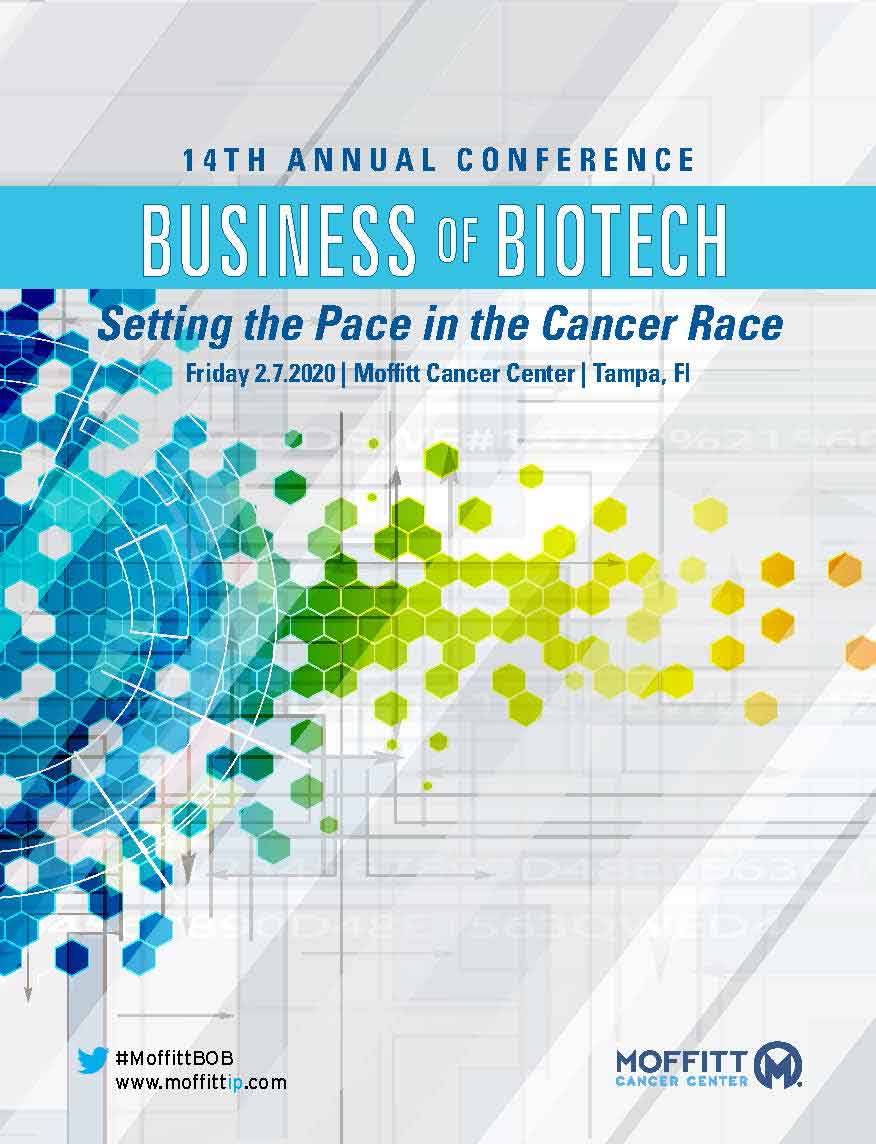Highlights From the 2020 Conference
KEYNOTE
 DR. ALICE JACOBS INTERVIEWED BY CHARLES GIBSON
DR. ALICE JACOBS INTERVIEWED BY CHARLES GIBSON
Multifaceted healthcare professional Dr. Alice Jacobs and internationally renowned journalist Charles Gibson kicked off the conference with a fireside chat. Jacobs shared her insights on artificial intelligence (AI) and access to healthcare. She talked about the dramatic increase in the ability to share and access information through cloud computing in this golden age of AI. Computer science has the ability to mine and understand massive quantities of data. Jacobs also elaborated on the unfortunate reality of health care access and residential zip codes. Individuals living in larger cities tend to have access to better care. The challenge in getting treatments to patients still remains. In order to become a successful entrepreneur Jacobs suggests surrounding yourself with mentors and investors to develop a vast network. She has hopes that one day cancer will be viewed as a chronic disease.
AI: Navigating the Digital Health Super Highway
Artificial intelligence mimics human behavior by using available data. Computers gather vast amounts of data and proceed to better organize it. The panelists of this session mentioned some of the benefits of AI. It can effectively answer specific medical and research questions, better predict clinical events, optimize the care delivery process and improve clinical diagnosis. One of the major downfalls of AI are the incoming cyber security risks. Panelists highlighted the need for investment in cyber security programs alongside AI. They also emphasized that although there are numerous opportunities for AI to improve the health services processes it could never replace the human physician interaction with patients.
Baby You Can Drive My CAR(T): Future Challenges with Cell Therapy and Manufacturing
The discussion for this session centered on the hardships of bringing a novel therapy to clinical trials. Specifically, the panelists noted access, logistics and costs as the main challenges. The breakout session panelists and attendees proposed solutions for the challenges with cell therapies in their respective company’s pipeline. Some of the suggestions made were to enhance efforts to streamline the process, recruit more bioinformaticians and bioengineers, and to engage and collaborate with academic partners and institutions early on.
Driving Your Funds to the Finish Line: VCs and Entrepreneurs Reveal What Count$
The panel of entrepreneurs and venture capitalists (VC) shared their knowledge about what it takes to get an idea funded. To survive funding rejections they suggested viewing each rejection as an opportunity to improve. If you want to pitch an idea to a VC firm, preliminary research must be conducted to grasp a better understanding of the VC’s portfolio and where you fit within it. The panelists also explained the difference between early and later stage investors. Early stage investors want to know how to add value to an idea to make a groundbreaking discovery possible.
The Immunotherapy Race: Putting Your Immune System in Drive
Immunotherapy is used to treat cancer by eliciting or amplifying an individual patient’s immune system. This type of treatment has transformed cancer care greatly. It has quickly emerged as a front line therapy. Panelists in this session discussed the victories and challenges of immunotherapy. The cost of treatment and its difficulty in solid tumor application continue to be one of the therapy’s greatest weaknesses. However, patients continue to have favorable response to the therapy with a reduced risk of side effects. The panel highlighted the importance of industry-academia partnerships to further explore and develop more successful immunotherapies.

